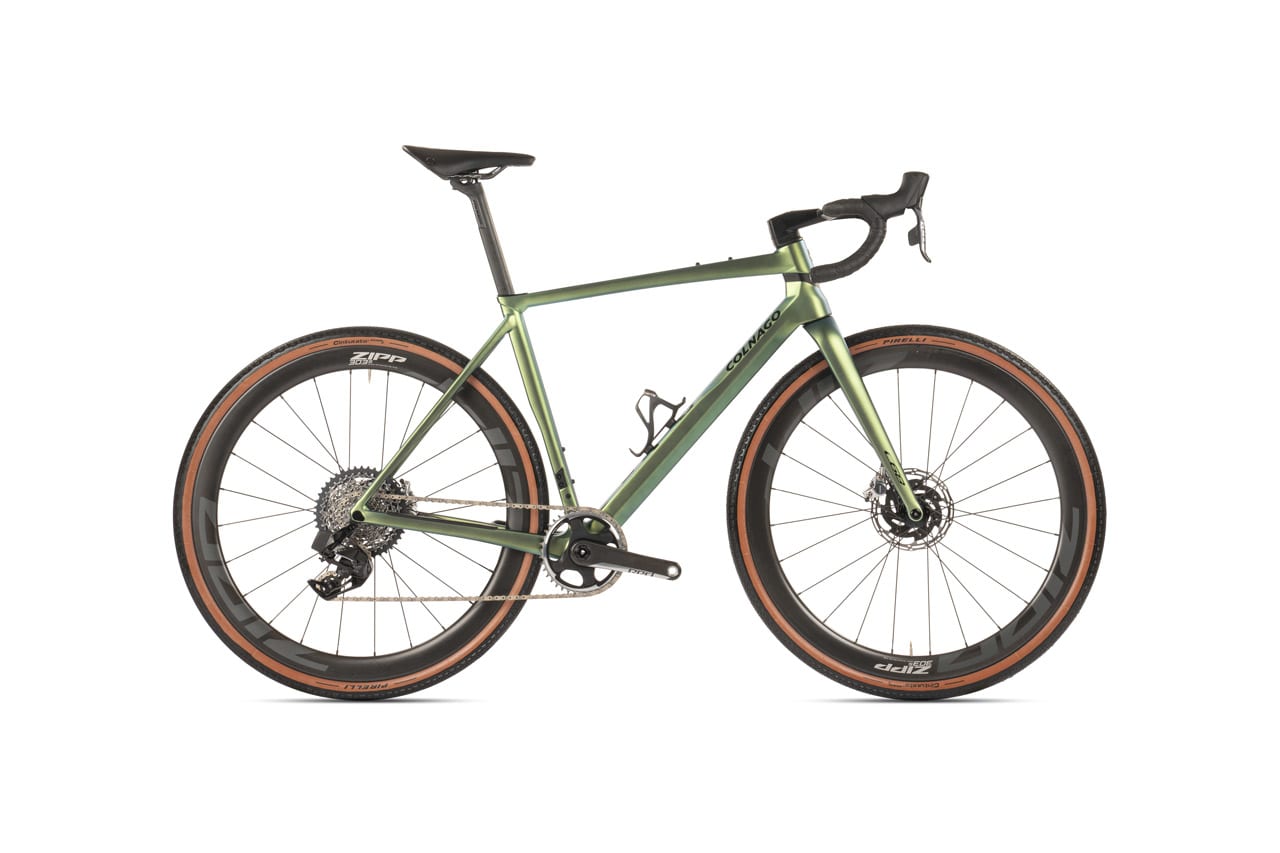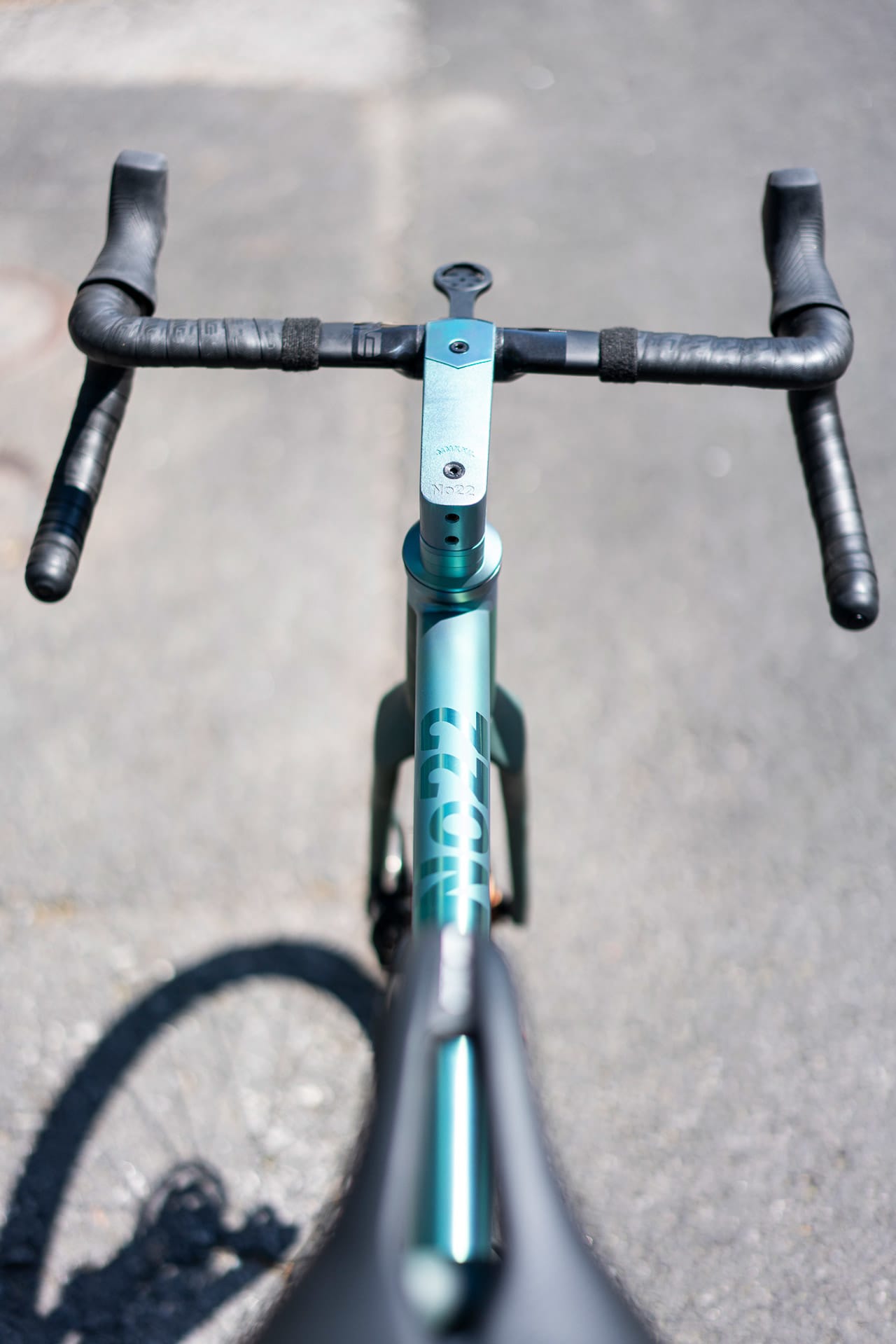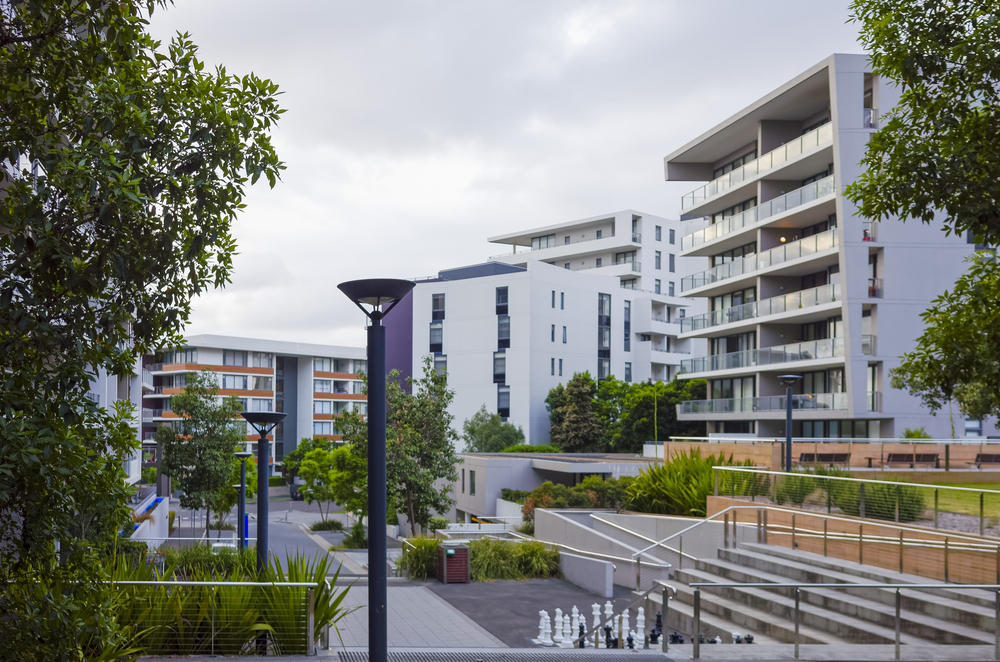When Will I Retire? How About Never
For many people, the idea of stopping work is a nonstarter—an inevitable path to boredom, ill health and a life devoid of meaning
Many workers of a certain age are counting down to a long-anticipated retirement date. They relish the opportunity to do things they’ve never had the time for. Or to do nothing.
Others are desperate to retire but can’t, as financial circumstances keep them in the workforce while others their age are stepping out.
But then there are the folks who dread such a day ever coming, who hope to sidestep it entirely, and plan to never retire. What drives people to keep working long past the age when they could comfortably leave the workforce? What benefits are they gaining that those who retire might miss out on?
We reached out to Wall Street Journal readers who fit into that last category, mostly 60 or older, to learn about their thinking. Here is some of what they shared.
Better than crossword puzzles
I’ll retire at my funeral. At 70 years of age, I totally enjoy my practice as an investigative attorney concentrating in locating missing people, especially long-term absentees. I am actually being paid to solve puzzles and assist people and businesses. This is more fun than doing crossword puzzles and cryptograms—although I enjoy those activities. too, when I have a spare moment.
My plan is influenced by my father’s example. He was a powerful and much-loved part of my life, and he worked three or four days a week until he could no longer do so at age 78. I have a friend who is still involved in the investigative profession in his mid-80s. A mentor of mine also worked into his early 80s and I had a law-school professor who taught well into his 90s. He lived past 100.
- Charles-Eric Gordon, age 70, Plainview, N.Y.
An energized empty-nester
At a time when a growing share of my family, friends and former co-workers are planning for or moving into retirement, I’m going in the opposite direction. Life’s twists and turns led me to take a break from my career, to raise my children when they were young. Then I took another unplanned break for family caretaking. After this latest hiatus, I’m an energized empty-nester with new passions and interests.
I just relaunched my career in March, giving a twist to my prior track. My work now is energizing and I’m enjoying the human interaction and learning. With the new flexible workplace—one of the few positive outcomes of the pandemic—spending time with family, traveling and many of the joys of retirement are now available to the working. I’ve just bought a lakeside cabin from which I will pursue my fully remote job.
Also, my financial adviser recommends planning to live to 100. Why quit?
- Nancy Murphy, 59, Ponte Vedra Beach, Fla.
A lesson in life and death
My father told his father, who was a judge, to retire at 66. The day my grandfather turned in the keys to his office he suffered a stroke. He died three days later. My father, who was just 33 at the time, blamed himself, thinking that he had forced his father into becoming a useless member of society.
My father is 88 now, and a doctor. Had it not been for the pandemic, he would still be working today. He had done everything necessary to stay active and up-to-date on the latest technologies. I can see how much finally being forced to end his working life has impacted him.
I myself do not plan to ever retire until I cannot physically work. Technology has made incredible advances that allow for workers to contribute without the wear-and-tear of needing to travel or commute as much. I believe there is room for old-timers for a long time, and this will only get better as virtual reality and artificial intelligence facilitate the application of experience. No to retirement. I refuse to die.
- Juan Gallardo, 62, Miami, Fla.
I’m in demand
Why retire now? Labor demand exceeds labor supply. This is the tightest labor market I have ever seen in my career.
As a baby boomer who remembers when the competition was fierce for every position early in my career, this is a welcome phenomenon.
In this rapidly changing work world, once you leave corporate America, it will be very difficult to return should you choose. Think long and hard before you make that retirement decision.
- Eric J. Letendre, 67, Charleston, W.Va.
No purpose, no value
You have worked in your profession for decades, perhaps even all your life. This is a part of you, perhaps too big a part. One day, you turn that part of your life off. OK, income loss aside, what are you going to do now? Get caught up on home projects? OK, after a couple of weeks, couple of months, those items are taken care of. Play some golf? Sure, but after a couple of months, that’ll get old. Travel the world? Great, if that’s your thing, but it too will get old.
So what do you do with all your free time? Just like muscles that atrophy if you don’t use them, so too will your brain and cognitive abilities. You need to have engaging, stimulating activities planned. Otherwise, you will slowly wither and die, with no purpose in life, no value to others.
My wife retired several years ago. She now believes it was one of the worst decisions of her life. Getting back into the workforce will be difficult to impossible; she has been out for a while and companies do not want to hire older folks. Volunteering is not her thing—why work and not get paid? She is at a loss for what to do with her free time.
And then there is that health-insurance conundrum: Doctors do not want to deal with you if you are on Medicare because of low reimbursement rates and slow pay.
So for me, that answer is: Keep working as long as I enjoy the work itself and until I get handed my hat and shown the door.
- Mike Drabicky, 70, Dallas
A widower’s perspective
I am a widowed physician, age 72. I continue to enjoy the intellectual stimulation of my profession, the social contact, and the importance of the care I provide for people, which continues to give my life meaning. I have three young-adult children to whom I would like to eventually leave some type of inheritance. Working allows me to minimize depleting my retirement accounts, thus leaving more assets for them.
If my spouse were still alive, I might have retired and been able to travel or enjoy other leisure pursuits, including taking care of her in old age. Those activities complete the process of a lifelong loving marital commitment, which is a process of growth even as you age. When marital love is gone through death, love can still turn outward to others and be fulfilling in service to others. I am lucky to be a physician and in particular a Catholic physician who can bring some level of Christ’s healing touch in the most intimate of ways. Why would anyone want to stop doing that?
- Robert Domaleski, 72, Littleton, Colo.

A question of self-worth
Retire? Why in the world would I do that to myself? Why would anyone?
As humans, our self-worth is defined by the things we do and the impacts we have on others. As biological machines we must keep moving and learning to maintain our brain and body. As spiritual beings we only flourish when we’re engaged with others. Whether our continued movement, learning and engagement comes from staying at our regular job, changing career tracks entirely, starting a new business, teaching or doing nonprofit work matters not. All that matters is that we keep pushing ourselves with the same zeal and purpose we’ve always shown in our earlier work life.
My father retired, and then sat down in front of the TV and watched his health decline as he became detached from the world. Contrast his experience with those who stayed in the game and remained actively engaged as they aged. Which path will you choose? Which path will give you the most enjoyment from the life you have left?
So, while I may change what I do (and worry less about money as I do so), there’s no way I’ll ever retire. I’ve got too much left to contribute to even think about it.
- Robert Green, 61, St. Augustine, Fla.
A chance for personal growth
I work at the intersection of business and technology, and I find it intellectually stimulating to identify opportunities and enable growth in a field that is constantly evolving and disrupting. I often wonder why one ever really needs to retire in today’s world.
Personally, I would rather be involved in a role that builds upon my years of experience in the workforce—not for financial gain, but for my own growth and learning. I feel that these “retirement” years are a time when one’s commitments and obligations are no longer barriers to intellectual curiosity. I am free to contribute everything I have collected over my 40+ working years in a way I see as most enjoyable and meaningful to me.
By leveraging my years of experience, I can bring a unique perspective to my work and mentor younger colleagues and that can also provide a sense of purpose and fulfillment
Finally, the freedom to explore uncharted areas in my field of interest without fear and undue stress and expectations by itself is a reward in this journey.
- Srinivasan Raghunathan, 63, Plainsboro, N.J.
Finally in control
I started formally working at 14. As I sit here today, age 73 and feeling like 30, I simply cannot imagine not working. I just enjoy it too much.
I made the decision a few years ago to change how I do it. I left my old firm and took control. Now, I select the clients, the cases I find interesting. I am now able to do a lot of pro bono work for people who simply cannot afford professional services but are desperately in need of them.
I enjoy being relevant, productive and making contributions. I enjoy being happy. I will continue to work as long as I am in control. Slowing down—YES. Changing how I work—ABSOLUTELY. Actually retiring—NEVER!
- Kristine Arlitt, 73, Frisco, Texas
Priests only get better with age
As a 65-year-old Franciscan friar and Catholic priest, I have no intention of fully retiring. Last summer we had a gathering of “younger” friars from around the country to plan and vision for the future. “Younger” meant anyone 65 or under.
Unlike professions or trades where someone may retire because they can no longer perform their physical duties, they can no longer handle the accumulated stress, or there are young people coming up through the ranks to replace them, a priest can perform his duties at a high level into his 80s or in some cases his 90s. Even at our “retirement houses,” the guys are constantly being called upon to fill in for a priest who’s sick, or cover a parish for a pastor so he can take some vacation days. And despite the fact that at some parishes people have opted out of attending Mass in favor of watching online, there is no possibility, at least at this point, of robots replacing priests in terms of administering the sacraments.
Ideally, the most precious gifts that a priest acquires from his experience in the field are wisdom, compassion and—God willing—holiness. While you may not want to go to a surgeon whose eyes are failing, or hire a musician suffering from debilitating arthritis, assuming a priest is still mentally fit, he can actually get better at what he’s ordained to do well into his golden years.
Surveys show that nuns and priests have among the highest satisfaction levels of any profession. Most of us love what we do, and don’t want to stop. And in most parts of this country, and most places around the world, the demand is surely there.
- Father William “Jud” Weiksnar, 65, Buffalo, N.Y.
‘Type-A weirdo’
“When I’m on the wrong side of the grass” is what I tell my colleagues. Fortunately, I love what I do as a medical professional in a big city hospital. I’m a competitive Type-A adrenaline weirdo so the usual retirement pursuits leave me bored. I thrive on chaos, confusion and disorder at work. I could have retired four years ago because my wife and I have good jobs and no kids. My wife who is “normal” (and nine years my junior) will probably retire in a few years, but I will soldier on.
- David Li, 59, Toronto
The karate senior
For over 50 years, I owned a karate academy. The pandemic forced me to close the school. At 75, I thought my vocation would be over. But I still wanted to continue teaching. Now I go to my clients’ homes, or they come to my house where I turned my garage into a functioning dojo (gym).
I love what I do, which keeps me active and in good shape. My clients are interesting people, and some of them have been with me for over 30 years. Teaching keeps my brain sharp because I need to always think about what I’m teaching and why. My father passed away at 102 and God willing, I’ll live as long and continue to be inspired to teach.
- Emil Farkas, 76, Los Angeles
Healthcare concerns
My husband and I have saved all of our lives for retirement, and have been assured by our financial adviser that we can retire at any time. My husband is semiretired with a flexible schedule. We both would love to travel more and spend more time with our grandson.
I would retire tomorrow if I could purchase affordable health insurance that offered adequate coverage should my husband or I be diagnosed with a serious illness. What worries me most is the effect a devastating health diagnosis would have on our future. Without good health insurance, we could lose all of our retirement savings. And, I also want to make sure my husband and I are able to choose where we get our care.
So, until I can find health insurance that offers choices on providers and adequate coverage in case of catastrophic illness, I will continue to work. Fortunately, I love my job.
- Colleen Brown, 60, Portsmouth, N.H.
Challenged at work
I like going to my office and being surrounded by challenging bright minds. It’s not solely the young or old minds that keep me coming back, but rather a combination—a mix of the new insights I glean from long-tenured co-workers, even after 32 years, and the new ideas, methods, and visions that our recent college graduates bring.
The office is a dynamic environment: No matter the task at hand, the office is never the same two days in a row. It makes everything richer.
I feel losing that environment could be unhealthy and make me feel bored. I am not a camper. I do think of taking more trips but I like the income coming in!
- Elizabeth Kogen, 58, Chicago
Motivated by fear
While I would really like to retire—as much for my wife as myself—I am so scared of not having enough money I just do not see any way I can. This has become especially true with the recent stock market issues.
I believe that I will have to be working to 70 at least. At times I worry about my wife and me. I have heard of plenty of couples who, when they retire, find they have nothing in common, and that scares the crap out of me.
- Edward Fultz, 64, Littleton, Mass.
Listening to myself
I know that I am susceptible to listening to external sources rather than relying on my own internal wisdom. So I resolved a few of my own issues that made me uncomfortable around the retirement discussion.
I identified four “handrails” that are important to me in any transitional period: 1) purpose, 2) structure, 3) financial security, and 4) health.
When I looked closely, I recognized that in my current work, all four of my handrails are in place and are supporting me. And when I listen to my internal wisdom (rather than the social tropes about retirement), I realize that I love what I am doing and there is no reason for me to change anything about the trajectory of my life, unless I want to. Which I don’t.
I am very happy doing just what I do and have no plans to retire. Ever.
- Ricka Robb Kohnstamm, 66, St. Paul, Minn.
 Copyright 2020, Dow Jones & Company, Inc. All Rights Reserved Worldwide. LEARN MORE
Copyright 2020, Dow Jones & Company, Inc. All Rights Reserved Worldwide. LEARN MORE
This stylish family home combines a classic palette and finishes with a flexible floorplan
Just 55 minutes from Sydney, make this your creative getaway located in the majestic Hawkesbury region.
At the highest end of the spectrum, bikes are becoming a statement piece. Colourful, vibrant frames stand as pieces of art, made from the most efficient materials and using the latest in innovative technology and engineering.
These bikes, often produced in limited quantities, aren’t just for show. They’re built for long touring days, conquering exceptionally tough climbs, and traversing the nearest rock garden.
It’s also a corner of the market that’s seeing steady growth even as the overall bike market experiences some post-pandemic correction. Technavio estimates that the high-end bike segment will grow by another $5 billion by 2028, fuelled by a pack of affluent riders looking for the latest and greatest they can get on two wheels.
There are also more customization options available than ever before. Bike companies can go over every little detail of the build, from customizing a model in stock to creating a truly bespoke bicycle from scratch. Even the most discerning cyclist can find themselves satisfied by the endless choices in a bike made specifically for them.
Today’s cycling trends cater to two extremes. On one end, there are the racing enthusiasts who want aggressive geometry, the lightest-weight construction, and aerodynamics wherever possible. On the other, there are those who want a more comfortable ride, but still with the best possible components and durability.
These bikes represent some of the best the industry currently has to offer, from off-the-shelf to a weeks-long bespoke process.
1. Trek Top Fuel 9.9 Gen 4, $US10,500
The biggest names in the business are getting in on the high-end game. This option from Trek features the customisation options that mountain bikers need, while also having the support of a national brick-and-mortar network for service and maintenance. The Top Fuel is also an example of the growing trend of in-frame tool storage to keep things out of the way, with the bonus of maintaining the aerodynamic engineering that helps riders go fast and get up steep climbs. This bike also has enduring flexibility, with more room for a larger shock and broader suspension range.
2. Colnago C68 Gravel, $US13,200

The Italians have a rich cycling history, and Colnago is no exception, with roots dating to 1954. Like most other bike brands, Colnago has adapted with the times and begun to build gravel-specific bikes meant to go off-road with ease, but maintain a step below full mountain biking. The C68 Gravel is the rare handbuilt, Italian-made gravel bike and the burliest of the brand’s flagship “C Series.” It is a full carbon fibre setup, with Colnago’s own handlebar layout, with two available colour options for the frame and three wheel choices.
3. Cannondale SuperSix EVO LAB71 Team, $US14,000

Cannondale
If you’ve ever wanted a chance to ride like the pros, this is it. Although several bike brands are offering a version of their Tour de France–competing models, there are few as striking as Cannondale’s offering. This bike is an exact replica of what EF Pro Cycling used throughout the 2024 Tour de France, securing the polka-dot jersey (best mountain climber) for one of its riders. LAB71 is part engineering experiment and part performance development for Cannondale, as the lineup has the brand’s lightest and most aggressive frames. As shown, the team edition features every possible upgrade, including a top-end drivetrain and a fully-integrated cockpit co-developed with MOMODesign.
4. No. 22 Bicycles 2024 Drifter X, Starting from $US14,800

No. 22 Bicycles
Titanium is more of an enthusiast’s choice for bike-frame construction as it offers a different ride quality compared to carbon fibre, but it also offers more options for total customisation. New York–based No. 22 Bicycles launched the Drifter X as a racier version of the Drifter model, with more flexibility to go further and faster on choppier terrain. Tire clearance between 28mm and 40mm puts this bike in a sweet spot for both pavement and gravel, with options to make cable routing semi- or fully integrated. Riders can also take advantage of several paint-finish options, including Cerakote, anodised, or keeping the frame finish “raw” in its purest state.No. 22 Bicycles also has a full bespoke program, where the company can tailor frames to the exact measurements of a specific rider.
This article originally appeared in the Fall Issue of Mansion Global Experience Luxury.
This stylish family home combines a classic palette and finishes with a flexible floorplan
Just 55 minutes from Sydney, make this your creative getaway located in the majestic Hawkesbury region.






















